V: Paths
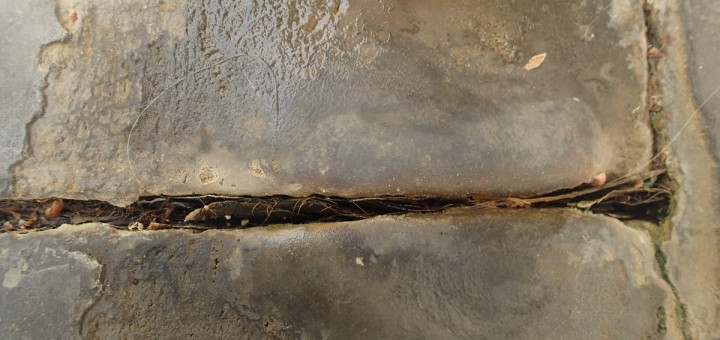
The more you tread a neural pathway, it becomes more well-worn and easier to access. You commit it not just to memory, but to feeling. Hurt never goes away: you just learn a new path.
So often you wish life was a little more like a video game. You come back when you die, the non-player characters are obvious, performing well at a skill gives you a visceral reward and, most importantly, all of your missions come from above. It’s a series of quests, full of purpose and structure, even if you decide to go kill dragons and join a moon-cult before touching the main quest. But you know what you’re doing, or you know where you’re going, and for the most part, everything is a uniform series of tasks with serotonin-enabling rewards and immediately apparent pitfalls.
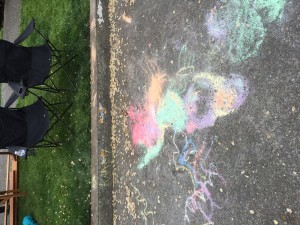
Maybe they were trying to illustrate all those trippy visuals of your neural network?
You get, maybe, how hauntings can happen. A mind, lost, circling the same pathway until the furrow becomes a trough, the crest too steep to climb. A ghost gets left behind, worrying at the same old thought like an old dog at a bone.
 Is this how people get trapped in places they hate? It greets them daily at the door, putting them at ease with familiarity. We all have seen this happen: the unknown future, even it it will almost certainly be better than the present, is shunned in the face of what is already known. What fits. The dirt road, the side quest, the shit relationship, the unsustainable lifestyle. All committed to habit.
Is this how people get trapped in places they hate? It greets them daily at the door, putting them at ease with familiarity. We all have seen this happen: the unknown future, even it it will almost certainly be better than the present, is shunned in the face of what is already known. What fits. The dirt road, the side quest, the shit relationship, the unsustainable lifestyle. All committed to habit.
Categories can be dangerous: they have their own gargoyles. When learned, they become more psychologically real. And we bow to language like a god, accepting labels out of sheer recognition, the comfort of a well-worn path. But there’s danger in accepting those definitions. Just like this new Place, which you understand differently than the people who grew up here, or the kids who ended up here by chance on a train, or the cultures who have inhabited this land for generations; words and phrases wear their own pathways in our associations, every observation and usage leaving its footprint.
Olympia. Conjure the image. Remember the streets you walked. Think about where you parked.
The lady in Dumpster Values aggressively labels you as an outsider, but welcomes you anyway. Yerba Mate inspires a crosswalk conversation with a stranger. You loiter, mercilessly, because of student privilege: it’s not civil disobedience if you have a notebook and a camera.
You quest and are rewarded, and once again, your path feels ill-tread. A circle in the grass where deer have lain, the crisscrossing tracks of lost explorers in a downpour. Olympia as a concept has yet to solidify but now there’s something familiar in the trying. A hurt that gives you a strange kind of energy. Even though you’ve seen the maps, it’s hard to think of this place flooded– even with all the humans and dogs (and cats on leashes), few have yet to walk that path.
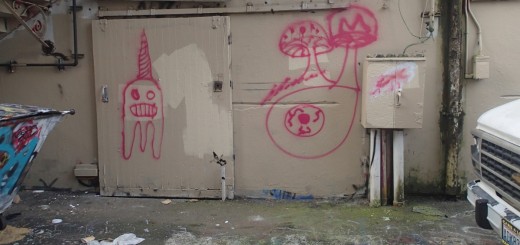
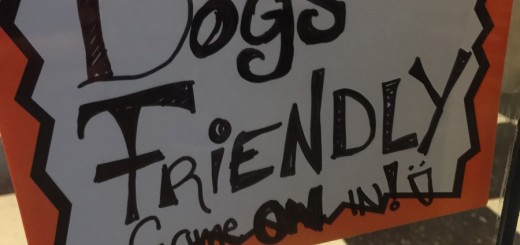
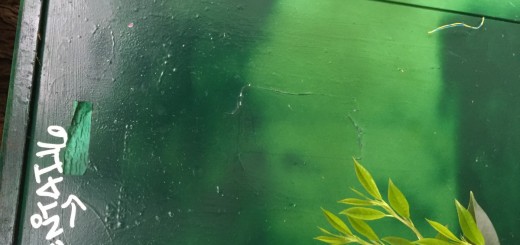
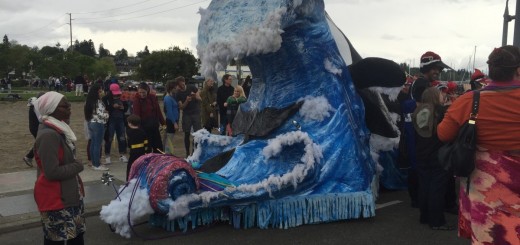
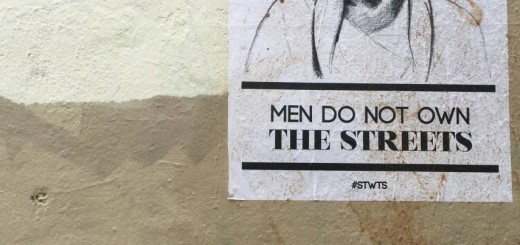
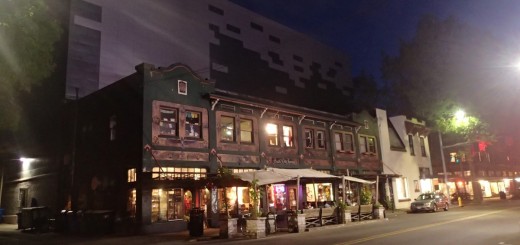
Your writing is so well formatted, and great choice of words. You do an excellent job of using emotions and philosophy to paint a picture. I enjoyed this line, “…accepting labels out of sheer recognition, the comfort of a well-worn path. But there’s danger in accepting those definitions.”
I think making the connection between how the human mind works and why we neglect the reality of climate change was very powerful. We walk the same paths everyday and are so familiar with our world. The only way people will live more conscientious lives is to literally harass them with these ideas consistently, repetition.